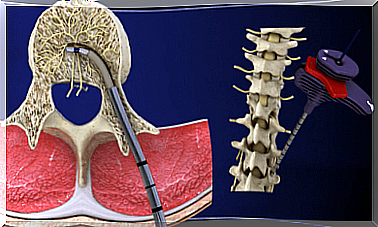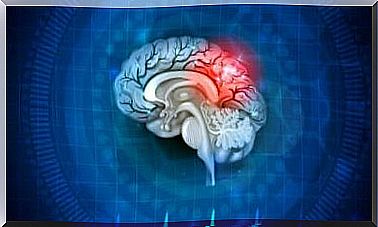7 Body Parts That Are Not Necessary For Living
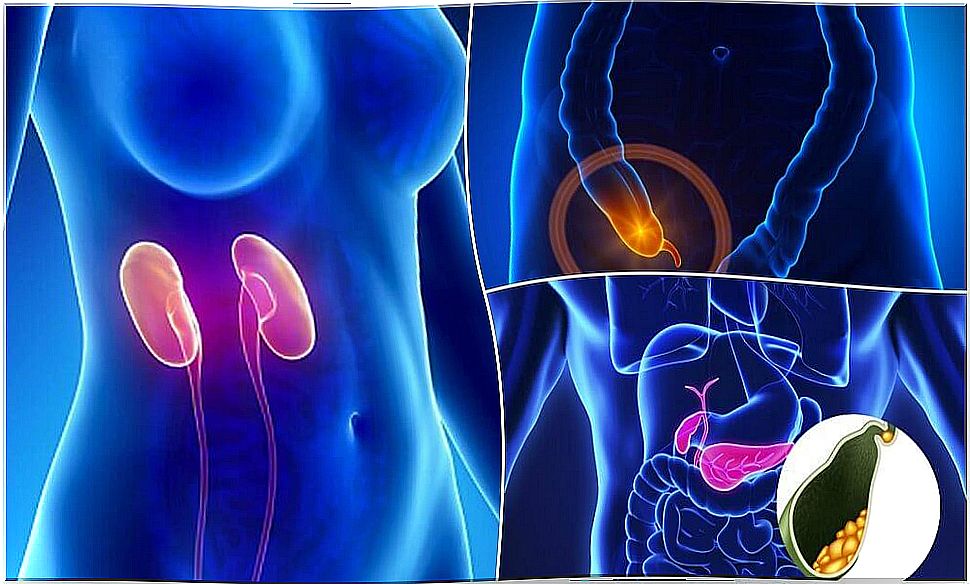
Did you know that there are some parts of the body that are not necessary to live? The human body is a structure that never ceases to amaze science.
Although it is quite complex and its functions can vary in each person, in general, it has some characteristics that are very curious.
For example, although each of its organs does a job, there are some that, in case of accidents, malformation or illness, are not strictly necessary.
In fact, over the years and evolution, some have lost their functionality, so they do not change the quality of life if they have to be removed.
Do you know what they are? On this occasion we want to share in detail the parts of the body that are not necessary for living.
Parts of the body that are not needed to live
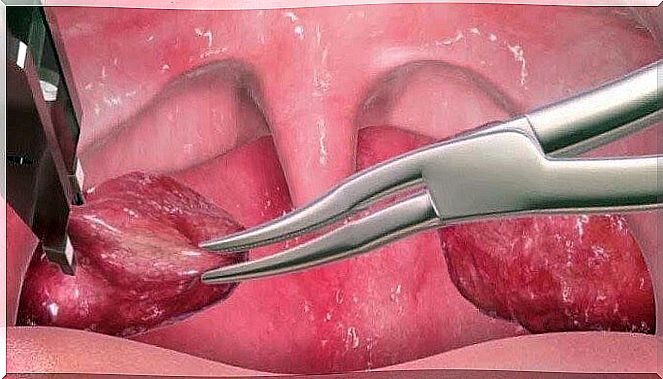
1. Tonsils
The tonsils are a part of the immune system that we don’t need to live. Although they are useful to protect the entrance to the airways against bacterial invasion, they are no longer necessary at the age of three years.
In fact, some consider it better to extract them early to avoid health problems.
- Doctors recommend removing them when, for example, the patient suffers from tonsillitis continuously.
2. Appendix
The appendix is a small, sac-like organ that is attached to the large intestine, just in the lower right part of the abdomen.
Despite this, it does not interfere in any way with the digestive process and, in fact, it has no known function.
- Many people only become aware of its existence when the appendix becomes inflamed and becomes infected, giving rise to a condition known as appendicitis, in which it needs to be removed.
- There are no health consequences and the person can follow their normal pace of life without inconvenience.
3. Spleen
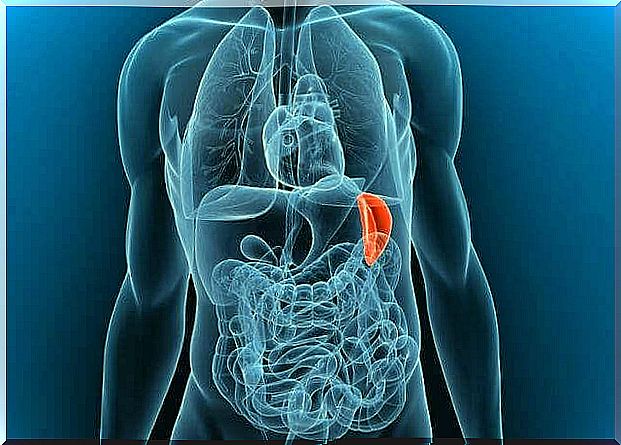
The spleen is located in the abdominal cavity and plays an important role in health: it filters the blood and helps the body fight infections.
Despite this, it is not vital, and can be removed in cases of trauma or chronic illness.
- The person can lead a normal lifestyle, taking some extra precautions to avoid developing infections.
4. Reproductive organs
Reproductive organs like the ovaries, uterus and testicles have a clear function. Despite this, they can be withdrawn as part of the treatment of some chronic problems.
In most cases its removal is suggested to prevent the cancer from spreading. However, it can also be advised as part of the treatment of other abnormalities.
- Those who undergo this type of procedure do not usually have serious sequelae and can take hormonal supplements to replace those produced by these organs.
5. Kidney
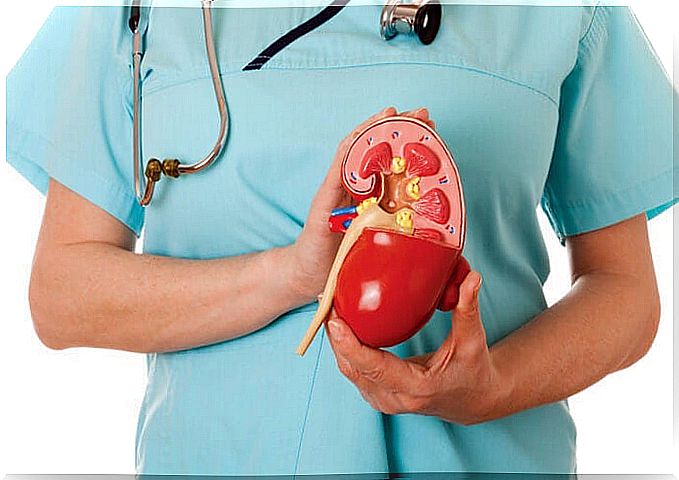
No one can deny the importance of the kidneys for the health of the entire body. They filter blood, produce urine and participate in the functions of other organs.
The curious thing is that, even though we have two, we only need one to live. We can be born without a kidney, suffer a failure from injury or illness, or even donate one without causing chronic health problems.
- In general, people with a single kidney have a normal life expectancy and few related sequelae.
- However, it is necessary to take some precautionary measures for your care in order to avoid possible damage.
6. Gallbladder
The gallbladder is a small green pear-shaped pouch that hides behind the liver. Its main function is to store and release bile that helps to digest food.
However, when it deteriorates or produces diseases such as calculi or cancer, it is recommended to remove it.
- Despite the role it plays in digestion, living without a gallbladder is usually not a problem.
- Some patients may experience diarrhea and bloating, but only when consuming irritating dishes.
7. Stomach
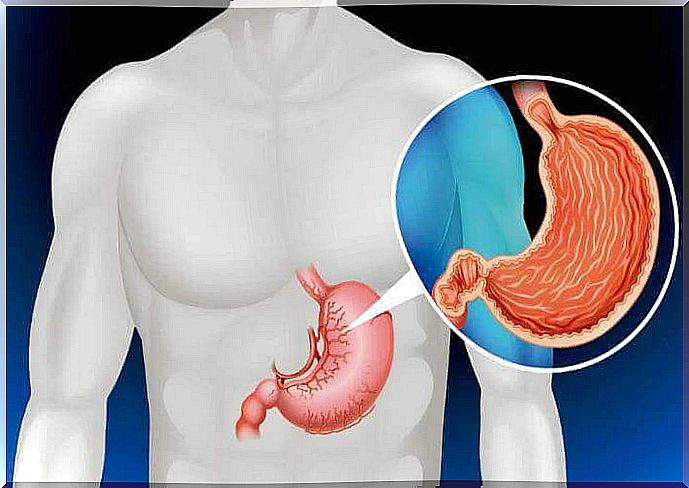
As incredible as it sounds, humans can live without a stomach. In fact, there is a surgical procedure, known as a total gastrectomy, in which the entire stomach is removed as part of cancer treatment.
In this procedure, the small intestine is connected to the esophagus, after which the person must be fed with serum for several weeks, until he can recover.
- Due to its complexity, those who undergo this intervention must follow a very restricted treatment.
- They can eat most foods, but the amounts should be smaller.
- It is recommended that you consume some dietary supplements if you have problems absorbing nutrients.
Amazing! As you can see, although the ideal is to take care of these organs to keep them healthy, we have parts of the body that are not necessary to live. It’s not interesting?


